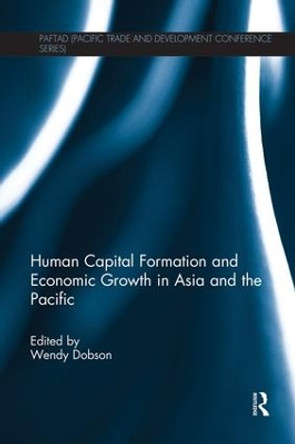Description
About the Author
Brink Lindsey is a senior fellow at the Cato Institute and a consultant for the Ewing Marion Kauffman Foundation. He is the author of The Age of Abundance: How Prosperity Transformed America's Politics and Culture (Collins) and Against the Dead Hand: The Uncertain Struggle for Global Capitalism (Wiley).
Reviews
One of Bloomberg Businessweek's Best Books of 2014, chosen by Jeffrey M. Lacker "Mr. Lindsey, formerly with the Cato Institute, is one of the most engaging libertarian writers. Here he seeks to address a much-talked about problem: While many Americans are becoming wealthier by joining the ranks of 'managers, professionals and entrepreneurs,' and the working class is not shrinking, those who remain in the dwindling middle find it harder to break into the so-called knowledge economy... [I]t takes a special kind of talent to write about public policies like these in a way that doesn't put you to sleep, and he has that talent."--Barton Swaim, Wall Street Journal "All of Brink's specific proposals are reasonable... I really like the book."--Arnold Kling, Econlog "Fascinating... Lindsey suggests the problem of inequality is even more intractable than the pessimists had thought. He argues that the leitmotif of the post-industrial economy is growing complexity: there is more knowledge to acquire, more institutions to deal with and more choices to make. Success increasingly depends on your ability to master complexity, which in turn depends on your ability to master abstraction."--Adrian Wooldridge, Sunday Times "It's short and cheap and very interesting, and I recommend it... I find Mr. Lindsey's emphasis on complexity and networks very appealing."--Economist.com's Free Exchange blog "Think about the mind-boggling number of e-mails, phone calls, and text messages that Americans send each other every day, and you'll realize that our lives have become more complex and interconnected than ever before. However, some social groups have fallen behind in the increasingly complex modern economy. In his short and highly readable book, Brink Lindsey tries to explain why this happened and what can be done about it."--Dalibor Rohac, City Journal "Brink argues that there's plenty of potential for growth at the top of the economy, as reflected in the growing college wage premium. The problem is that even as the financial rewards to education continue to grow, the fraction of the population graduating from college has stagnated... [I]nteresting."--Timothy B. Lee, Forbes.com "Human Capitalism is a powerful and timely analysis of American inequality. While Lindsey acknowledges a serious problem, he also makes a convincing case that the government's approach to fixing it should be guided by essentially capitalist principles."--Yevgeniy Feyman, City Journal "Brief, clear and forthright."--World Book Industry "Lindey's recommendations for policy reforms are excellent."--Charles Murray, Claremont Review of Books "[Lindsey] argues the case that economic inequality is more deeply intertwined with human capital accumulation and the process of economic growth than you thought."--Jeremy Lacker, Bloomberg Businessweek
Book Information
ISBN 9780691157320
Author Brink Lindsey
Format Hardback
Page Count 144
Imprint Princeton University Press
Publisher Princeton University Press
Weight(grams) 312g






